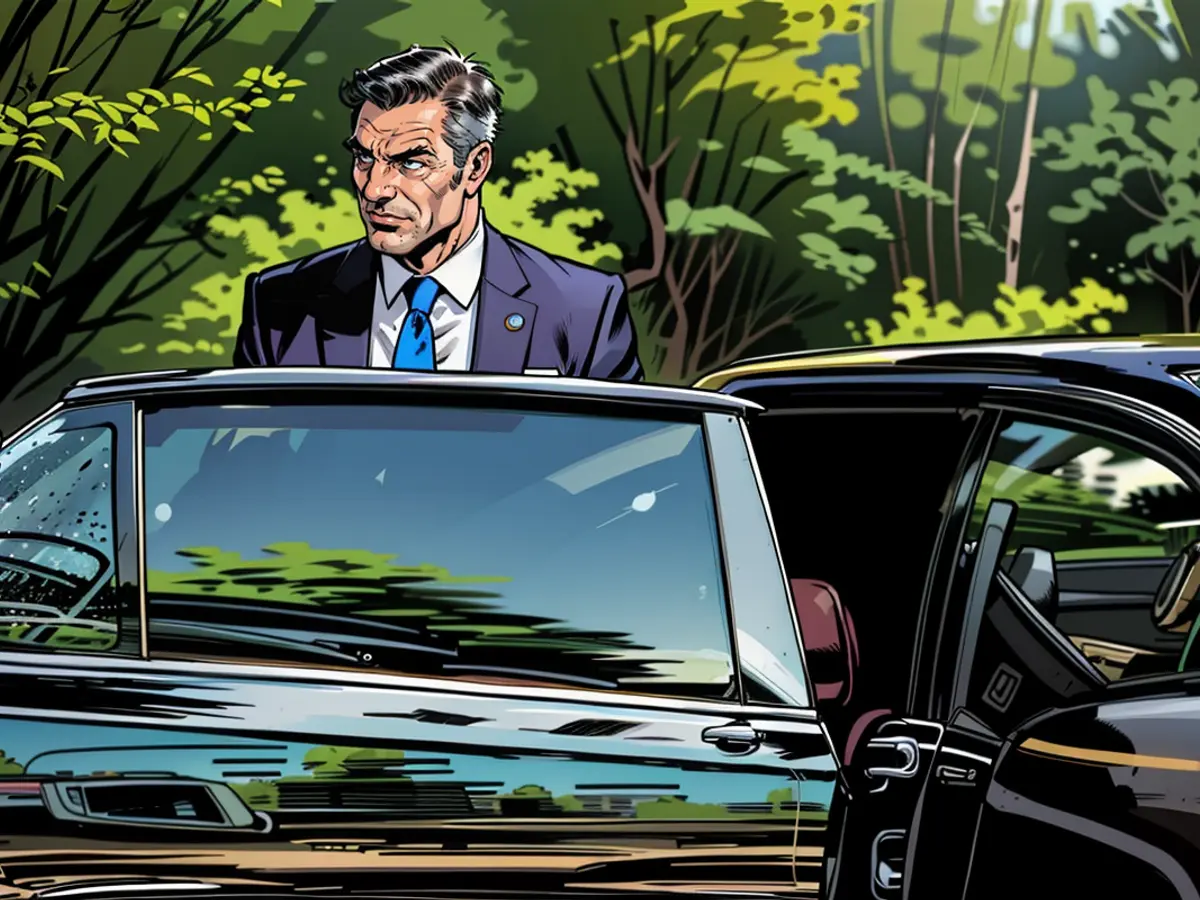Soder calls for election promises on incinerator-issue
From 2035, no new vehicles with Diesel and Gasoline engines will be allowed in the EU. This ban, however, is set to be put to the test next year. The indication is towards the approval of E-Fuels. This is not enough for Bavaria's Minister-President and CSU leader Markus Soeder.
Bavaria's Minister-President and CSU head Markus Soeder is demanding concrete measures from the EU Commission to withdraw the ban on internal combustion engines from 2035. "The fundamental combustion engine ban must go. We are for technological openness instead of ideology," Soeder told "Bild am Sonntag". This was a central election promise of the EVP faction in the European Parliament and must be upheld.
Besides electricity, e-fuels and hydrogen also have great potential for climate-friendly mobility. "Private cars could also be refueled with them in the future. It's good that the EU is finally moving in this direction," Soeder said.
The EU states and the European Parliament had sealed the end of new cars with Diesel and Gasoline engines from 2035 in March 2023. Concretely, this means that new cars may no longer emit carbon dioxide, as it does during the combustion of Gasoline and Diesel. The German government intervened on behalf of the FDP to secure exceptions for so-called e-fuels.
Ursula von der Leyen is pushing for e-fuels
The re-elected EU Commission President Ursula von der Leyen recently announced in her political manifesto for the next five years an initiative for exceptions for e-fuels. Specifically, it states there that "a technology-neutral approach is necessary, in which e-fuels will play a role by adapting the regulations in the context of the planned review." Von der Leyen speaks here of the review of the decision on the combustion engine ban, which is already planned for 2026.
Details about this proposal for relaxing the already decided EU-wide combustion engine ban are still open. In a press conference after her re-election in the European Parliament, von der Leyen gave no concrete answer to the question of whether private individuals will still be able to buy cars with internal combustion engines after 2035. Manfred Weber, chairman of the Middle-Right Alliance EVP, welcomed the fact that the new commission would rework the combustion engine ban.
The ADAC sees e-fuels, in addition to the presumably dominant electromobility, as another way to achieve climate protection goals. It is important that realistic conditions for the use of e-fuels are formulated. Above all, old combustion engines have a significance for e-fuels. Green politicians showed themselves relaxed despite the softening plans. "E-fuels will always be a niche product in road traffic," said Michael Bloss, the climate policy spokesman for the Greens in the European Parliament.
The President of the Association of the Automobile Industry (VDA), Hildegard Müller, emphasized, "to achieve the set climate goals, we need every technology." VW Group CEO Oliver Blume sees himself confirmed in his "Double-E Strategy." "We welcome the proposed way of the EU: Clear commitment to electromobility and allowing e-fuels as an addition. We need every technology in Europe as well," Blume told "Bild am Sonntag."
The future belongs to electromobility, sensibly supplemented by e-fuels - above all for existing vehicles and series like the Porsche 911. Electricity and synthetic fuel - both are part of the solution on the way to more climate protection.
- Despite his push for the withdrawal of the ban on internal combustion engines, Bavaria's Minister-President Markus Söder acknowledges the potential of e-fuels for climate-friendly mobility, expressing that private cars could be refueled with them in the future.
- Contrarily to Green politicians' views, the President of the Association of the Automobile Industry (VDA), Hildegard Müller, believes that achieving climate goals requires every technology, including e-fuels.
- The re-elected EU Commission President Ursula von der Leyen has announced an initiative for exceptions for e-fuels, suggesting a technology-neutral approach in the context of the planned review of the combustion engine ban decision, which is scheduled for 2026.








